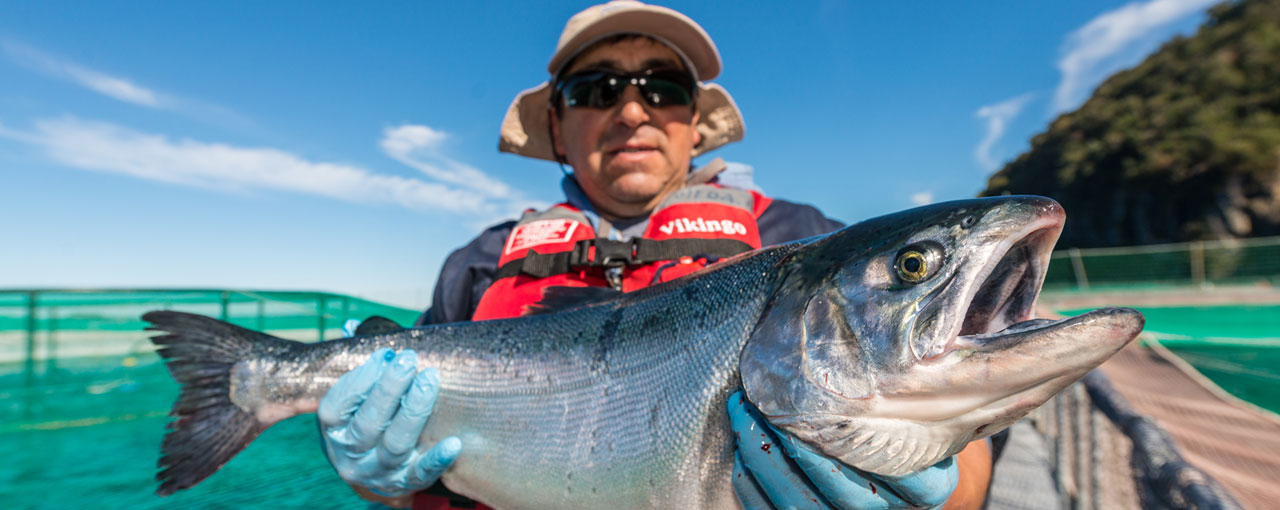Nourishing our world
Improving food security and nutrition, advancing food system innovation and strengthening farmer livelihoods
Agriculture can meet the world’s rising demand for food. Improving global food security, especially in the midst of climate change, means the right crops must be grown in the most productive places and food must move from places of abundance to places of scarcity. Investments in innovation and training will give farmers the tools they need to increase productivity and meet tomorrow’s food demand. We know the world’s farmers are resilient entrepreneurs. We support farmers at all levels of production as they adapt to changing growing conditions, consumer demands and nutritional needs.
We improve the availability of safe, affordable, nutritious food by promoting market access for farmers, transporting food to areas of need and addressing hunger globally:
- Market insight – Farmers need reliable markets for their crops, proper crop storage, access to credit, transparent pricing and the ability to manage risk. We understand what it takes for crops to be commercially viable, and we bring that market insight to our collaboration with farmers, governments, civil society groups and other partners to build sustainable supply chains and develop long-term solutions to help farmers thrive.
- Transporting food – In the future, more food will need to be grown farther from where it is consumed as populations expand rapidly in urban areas and in places most affected by climate change. Open trade and functioning markets are necessary to delivering long-term food security. We improve access to food by leveraging the global scale of Cargill’s logistics network, supply chain expertise and market knowledge to transport food from areas of surplus to areas of need.
- Partnering with food banks – We work with national food banks in 18 countries to address hunger, food waste, food safety and other issues.
- Nutrition education – Through our partnerships, we have engaged more than 600,000 people in nutrition education programs in 14 countries.

